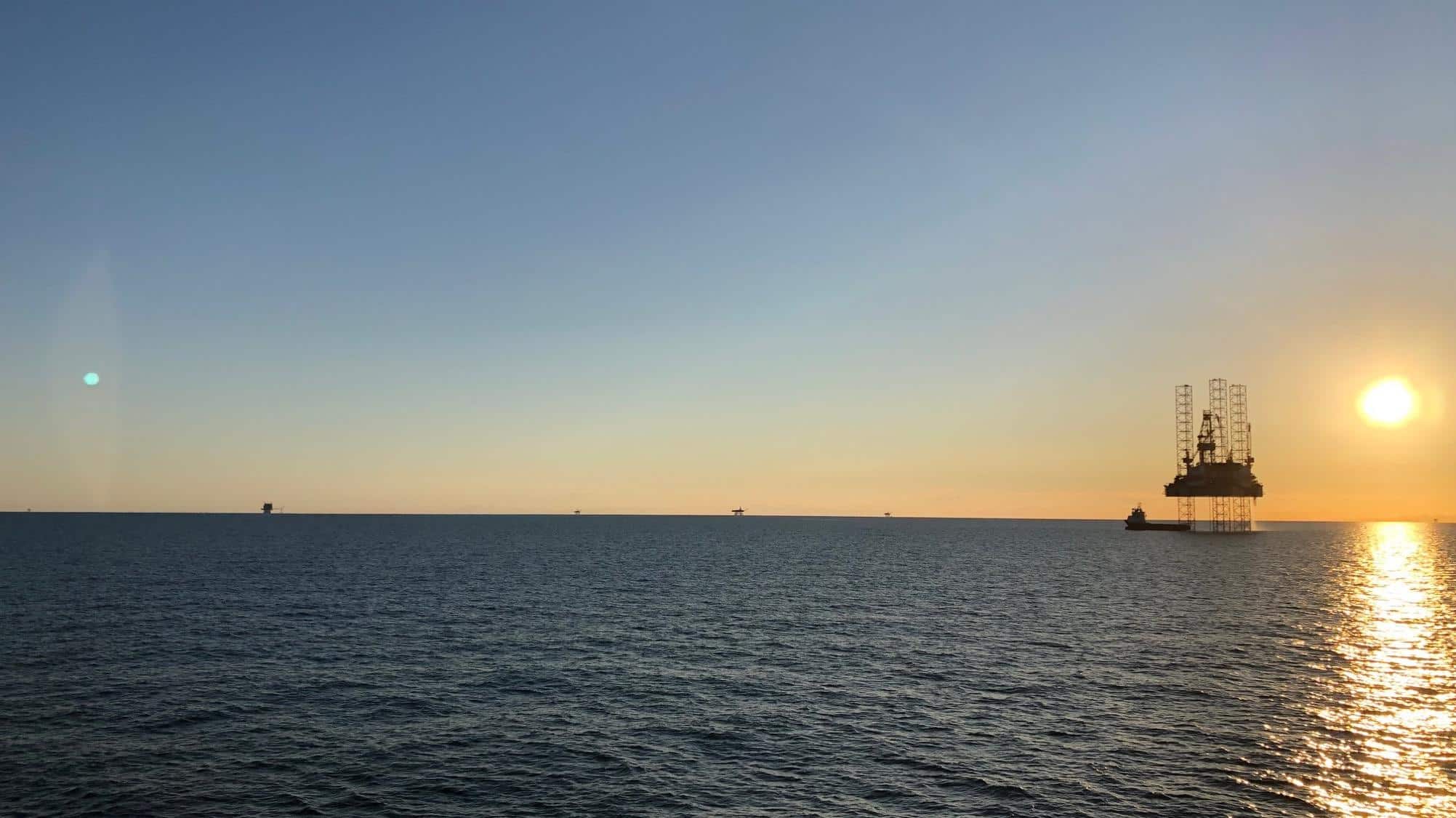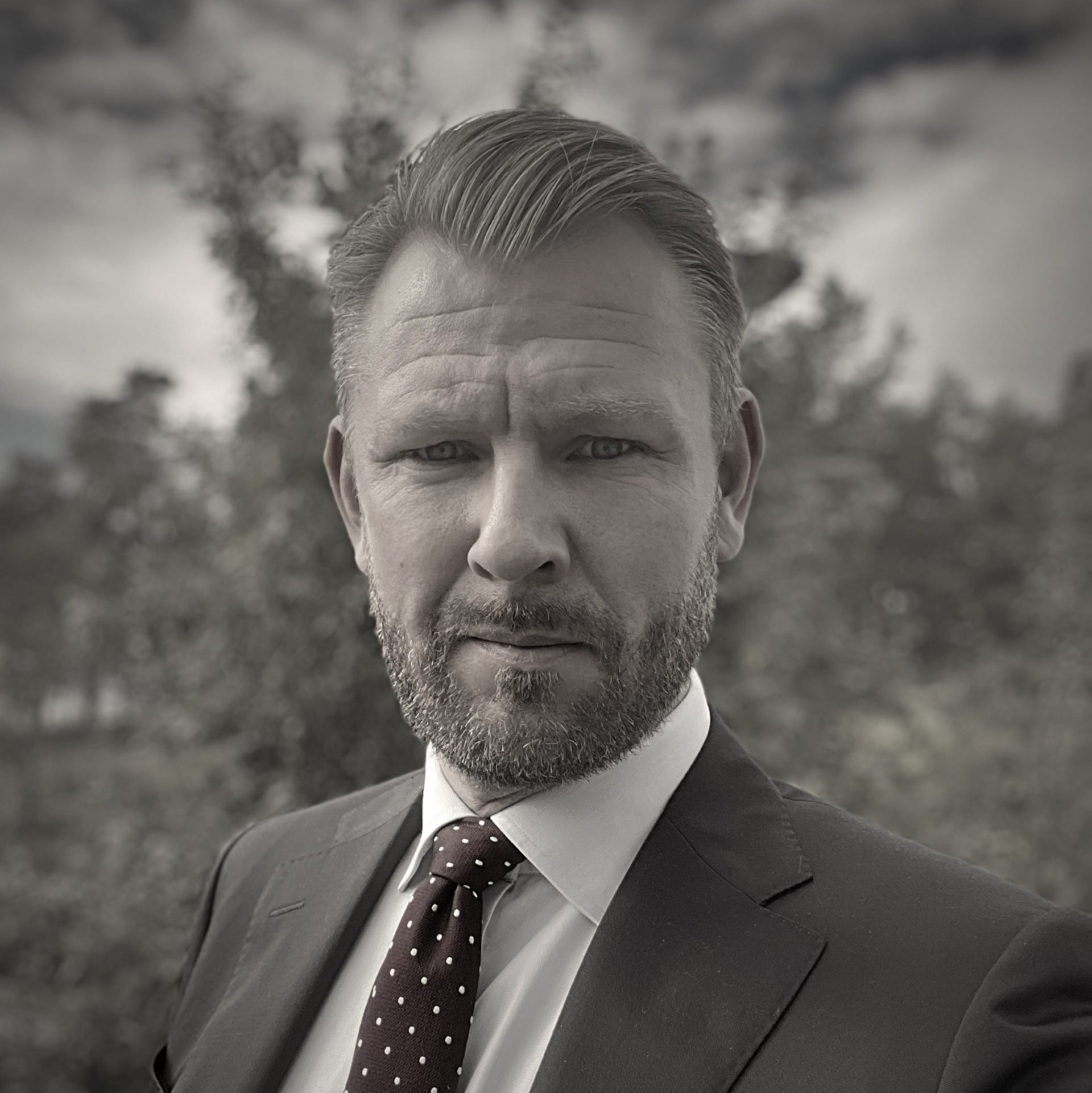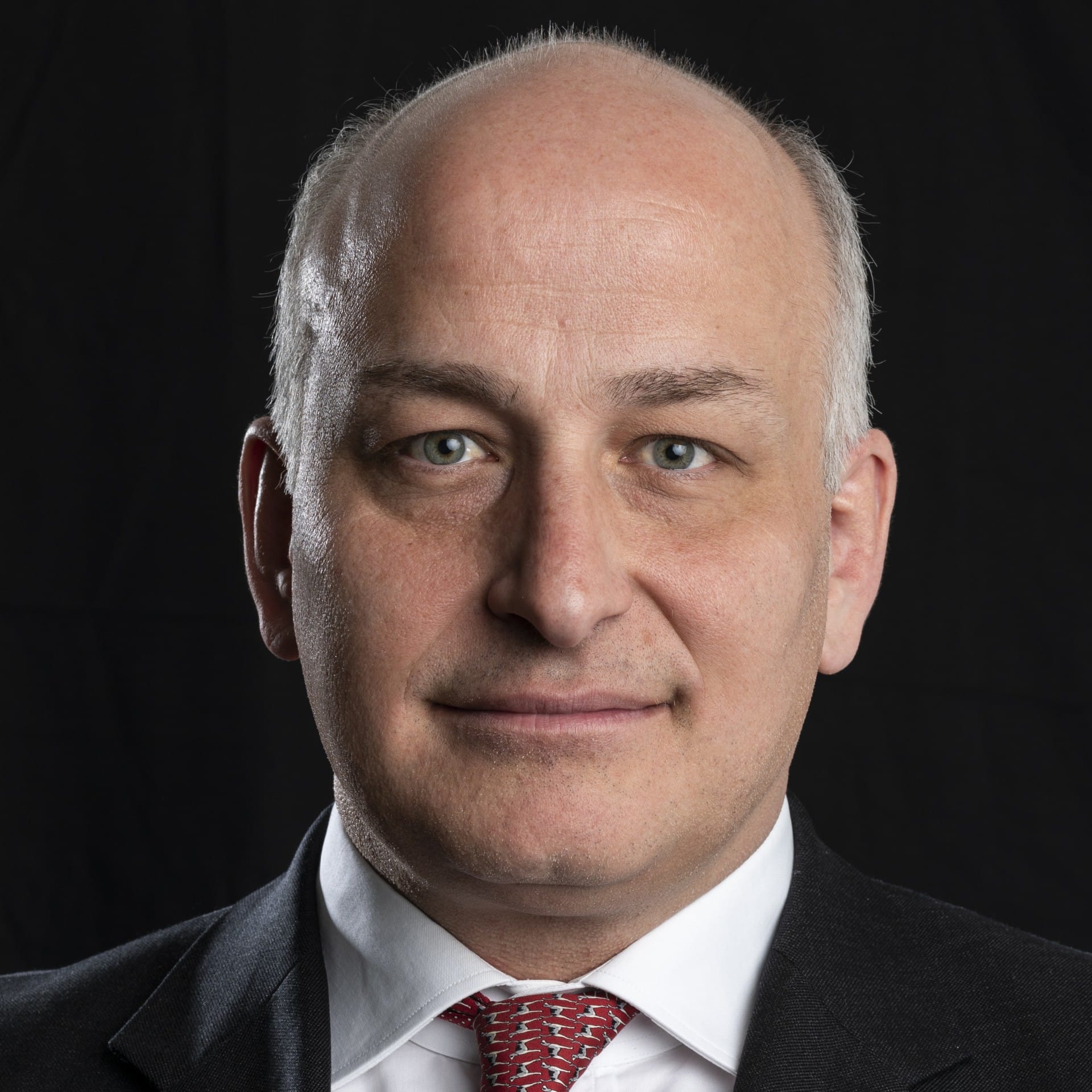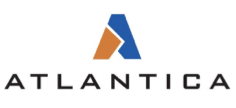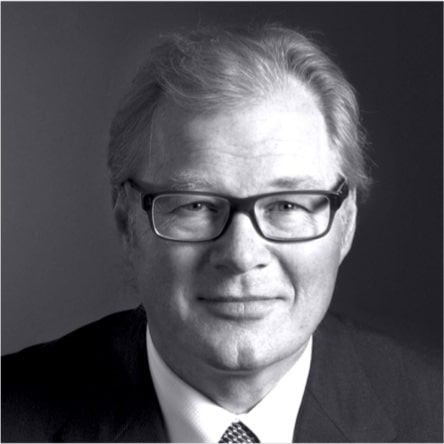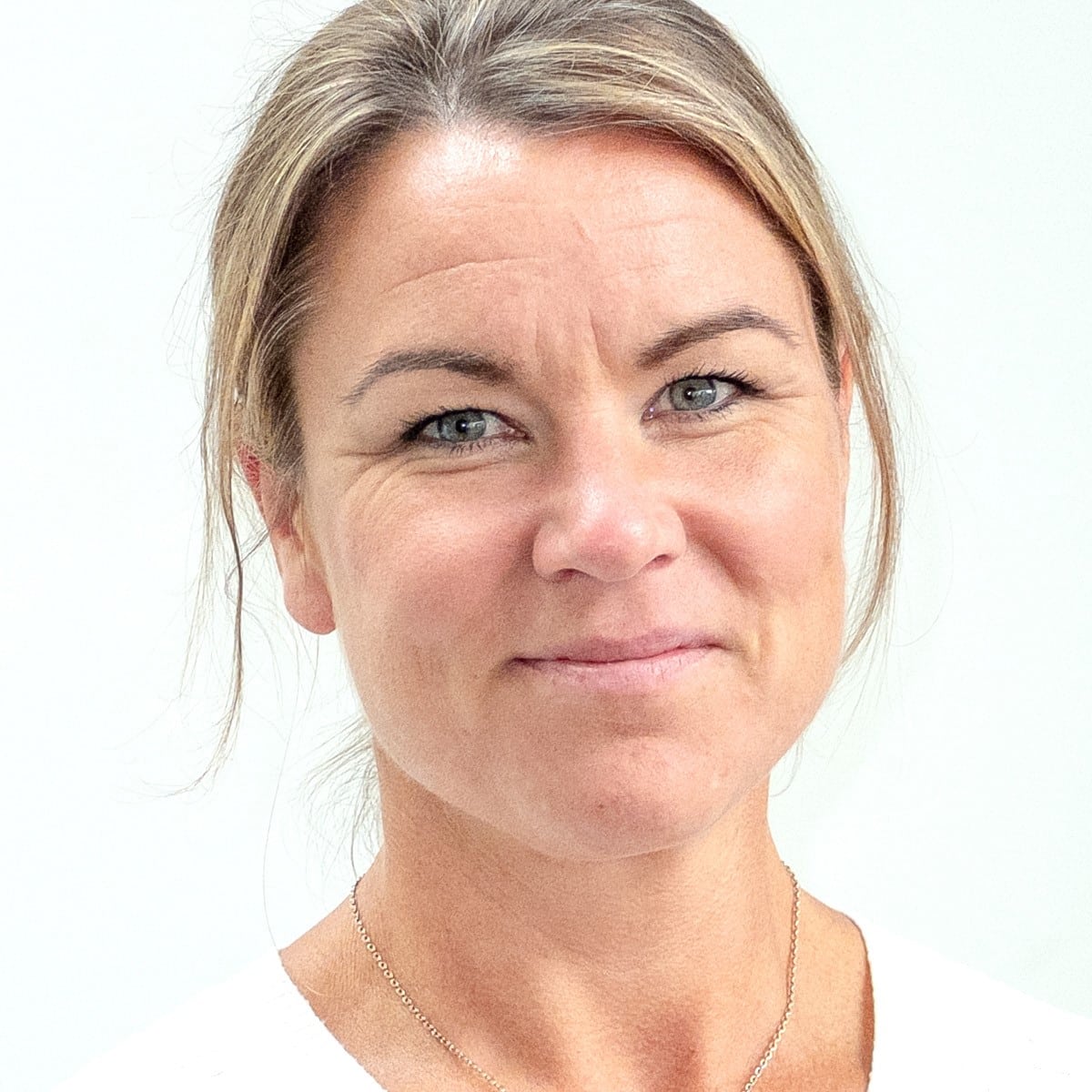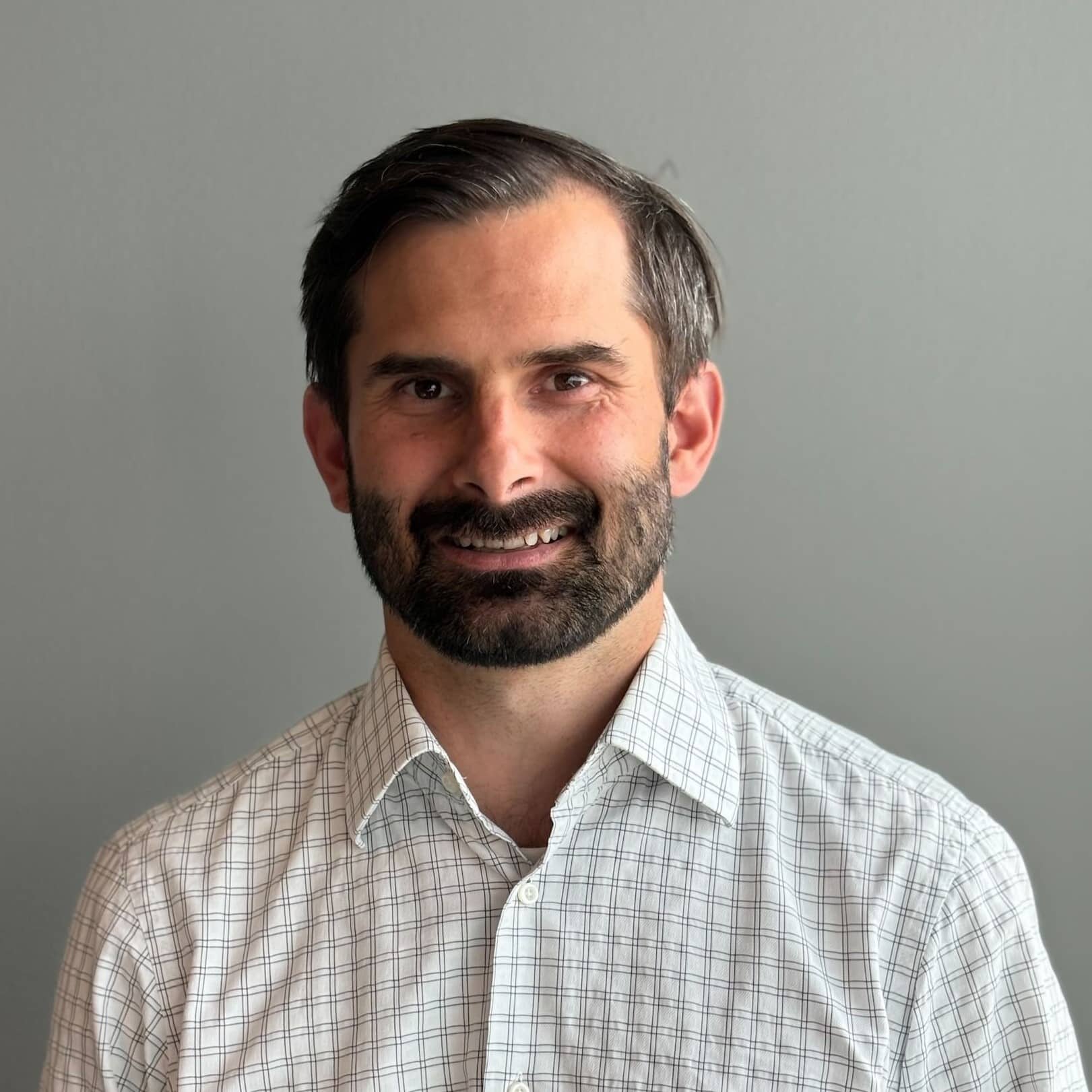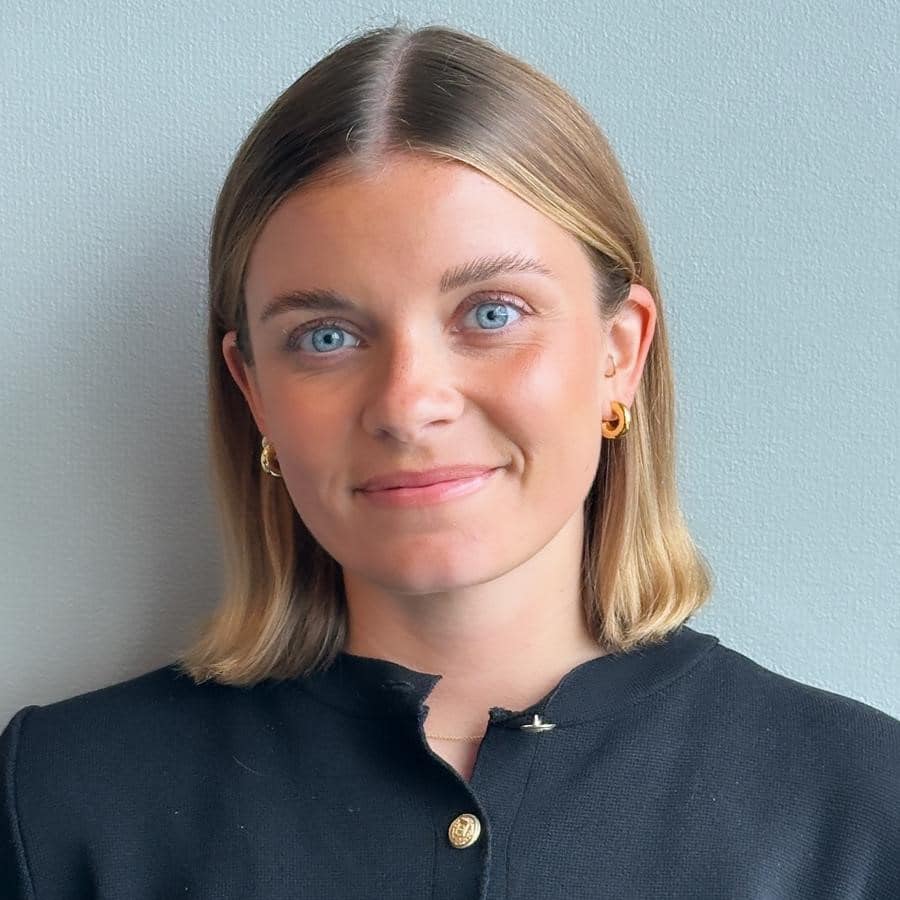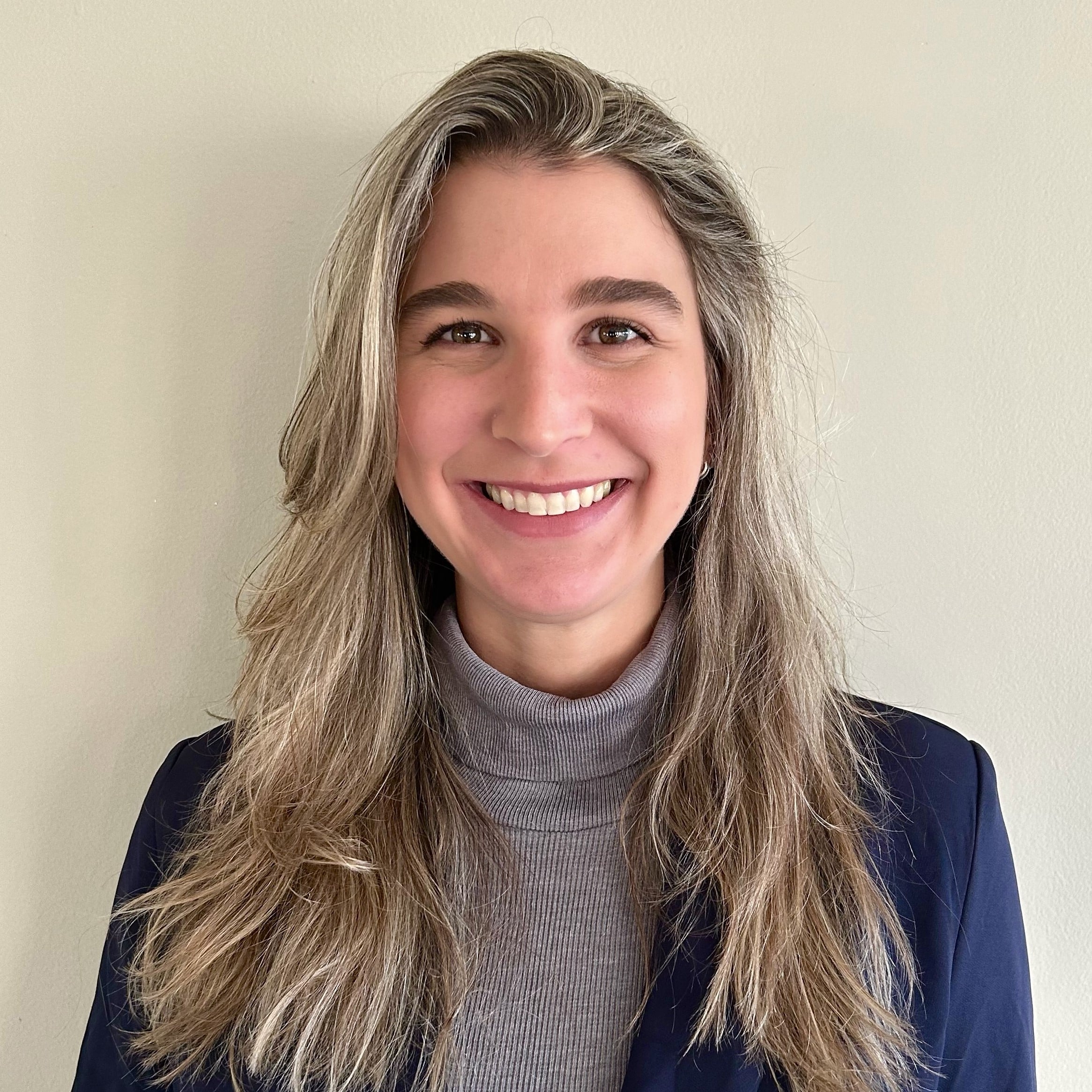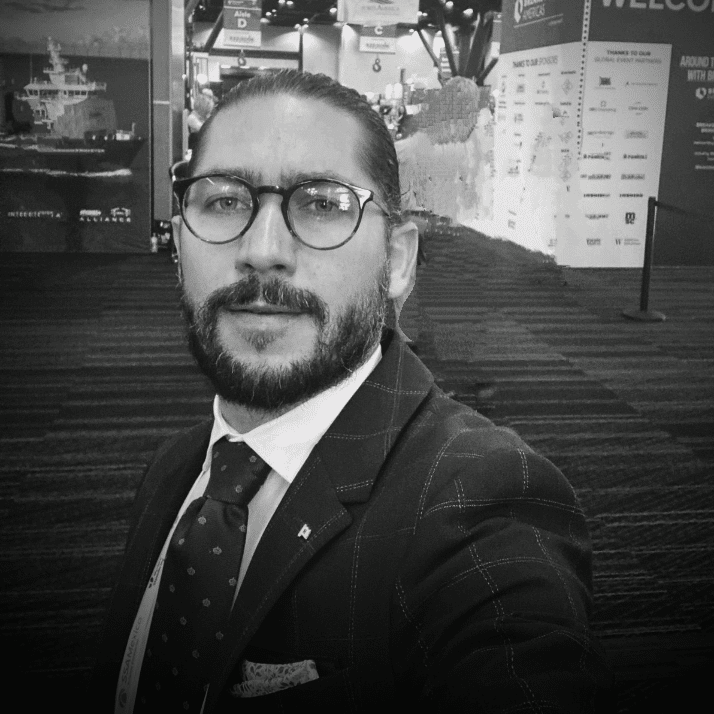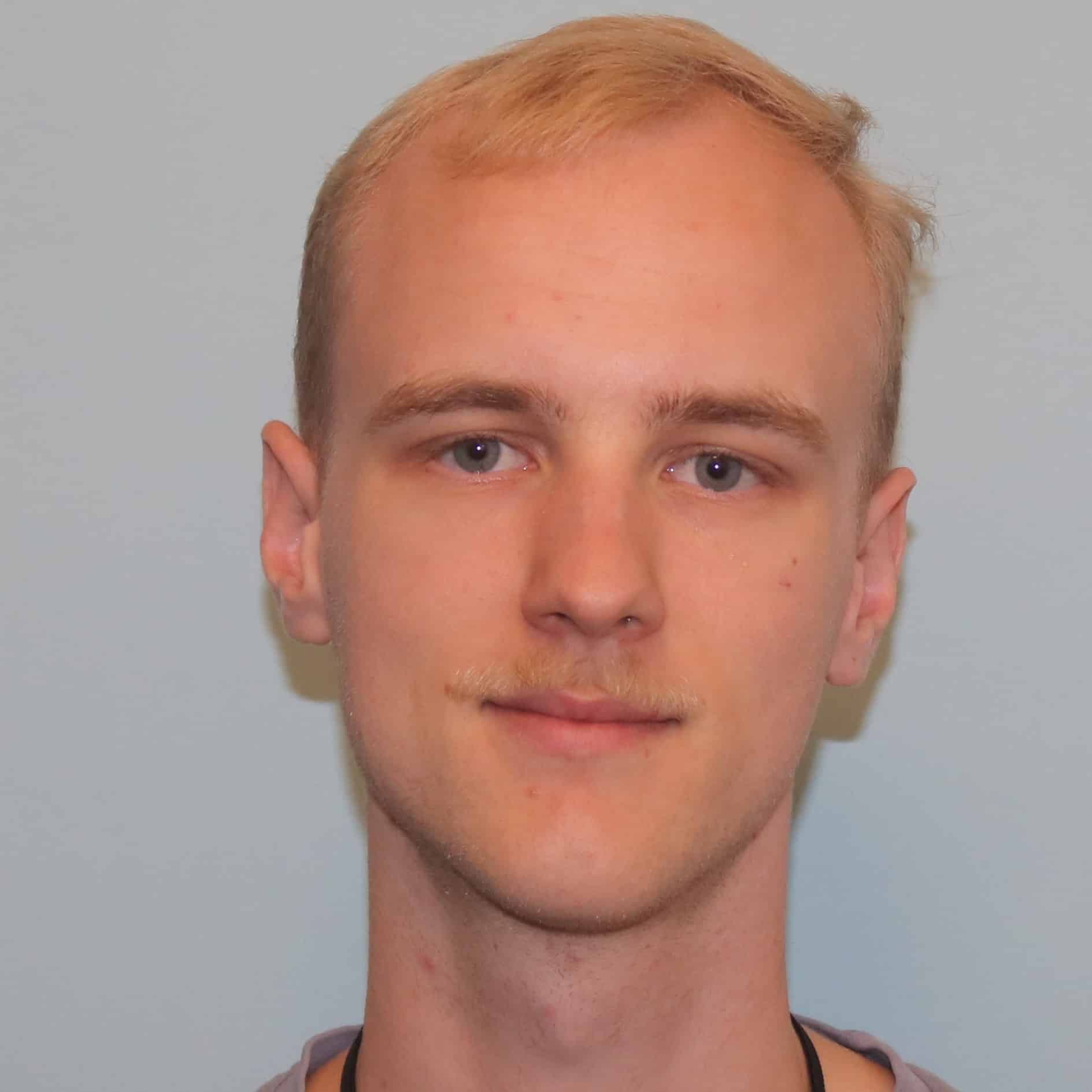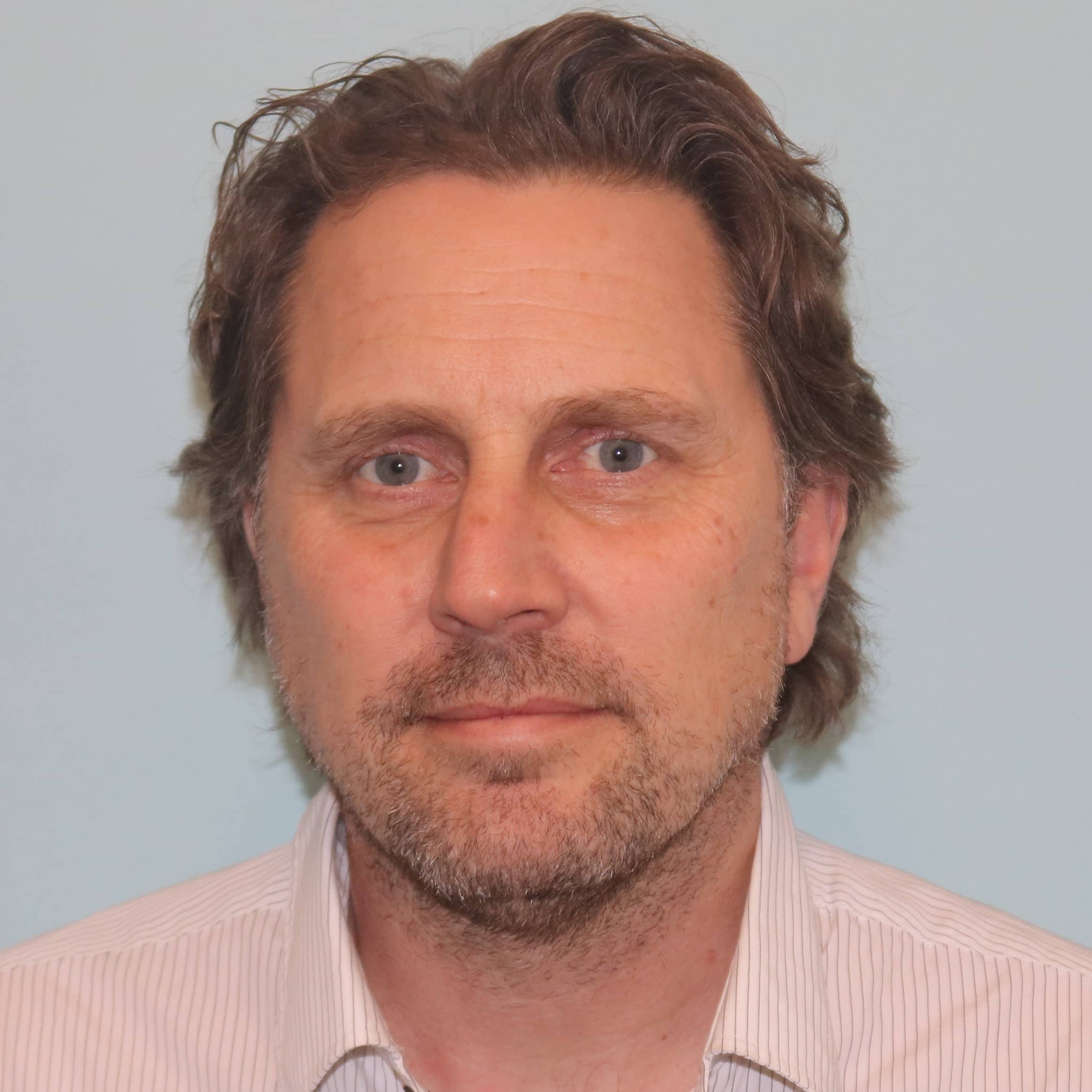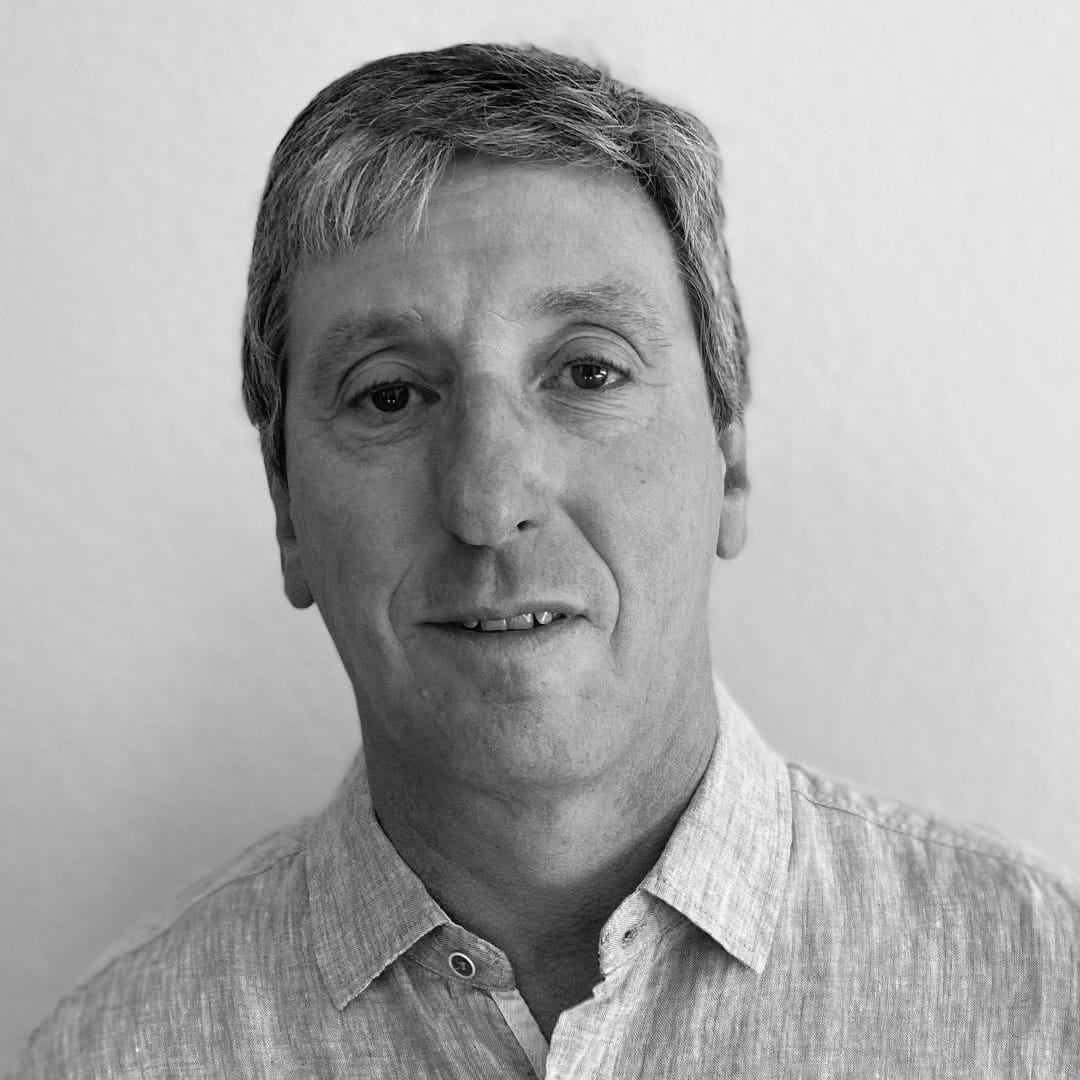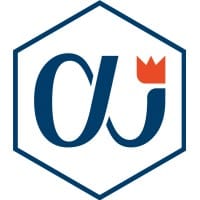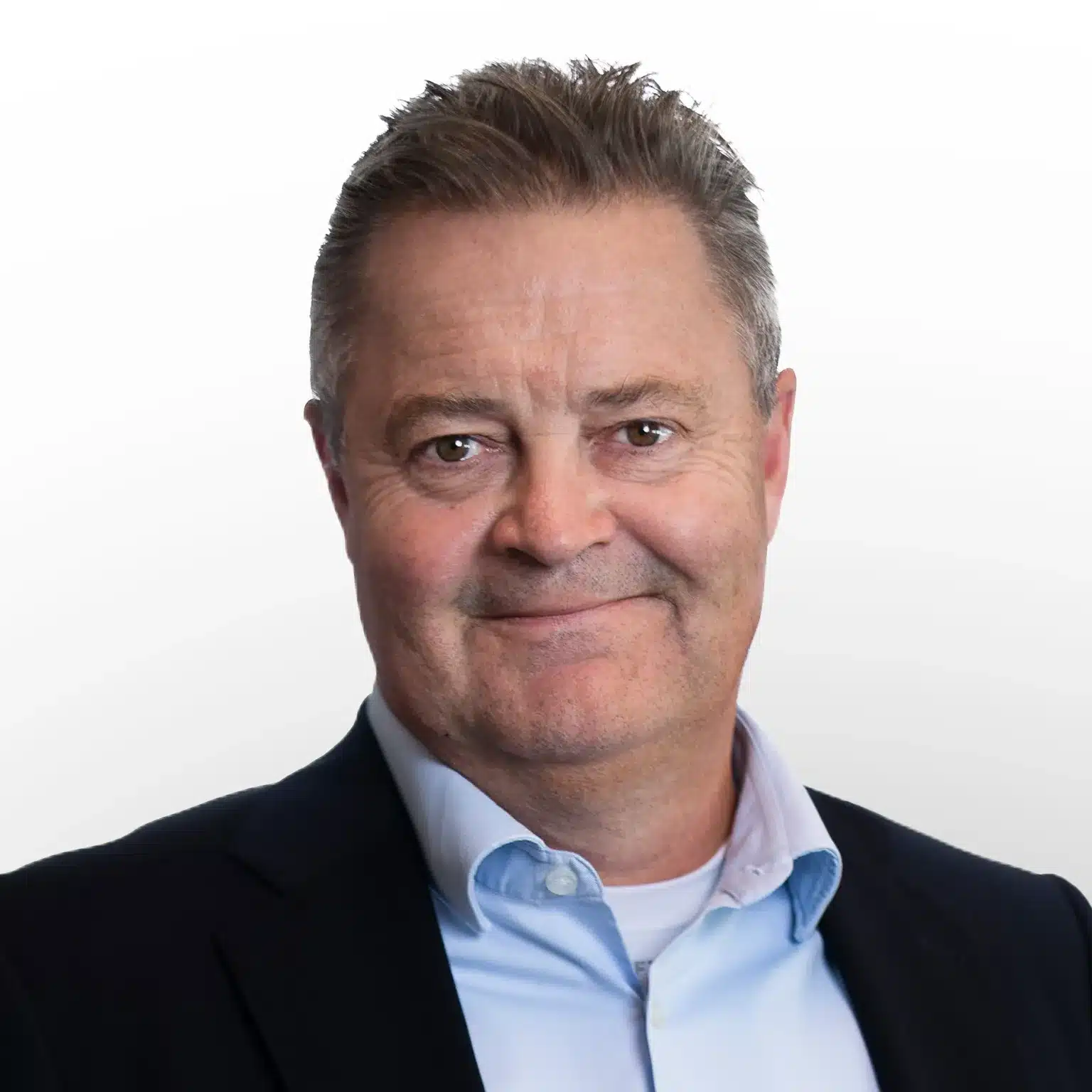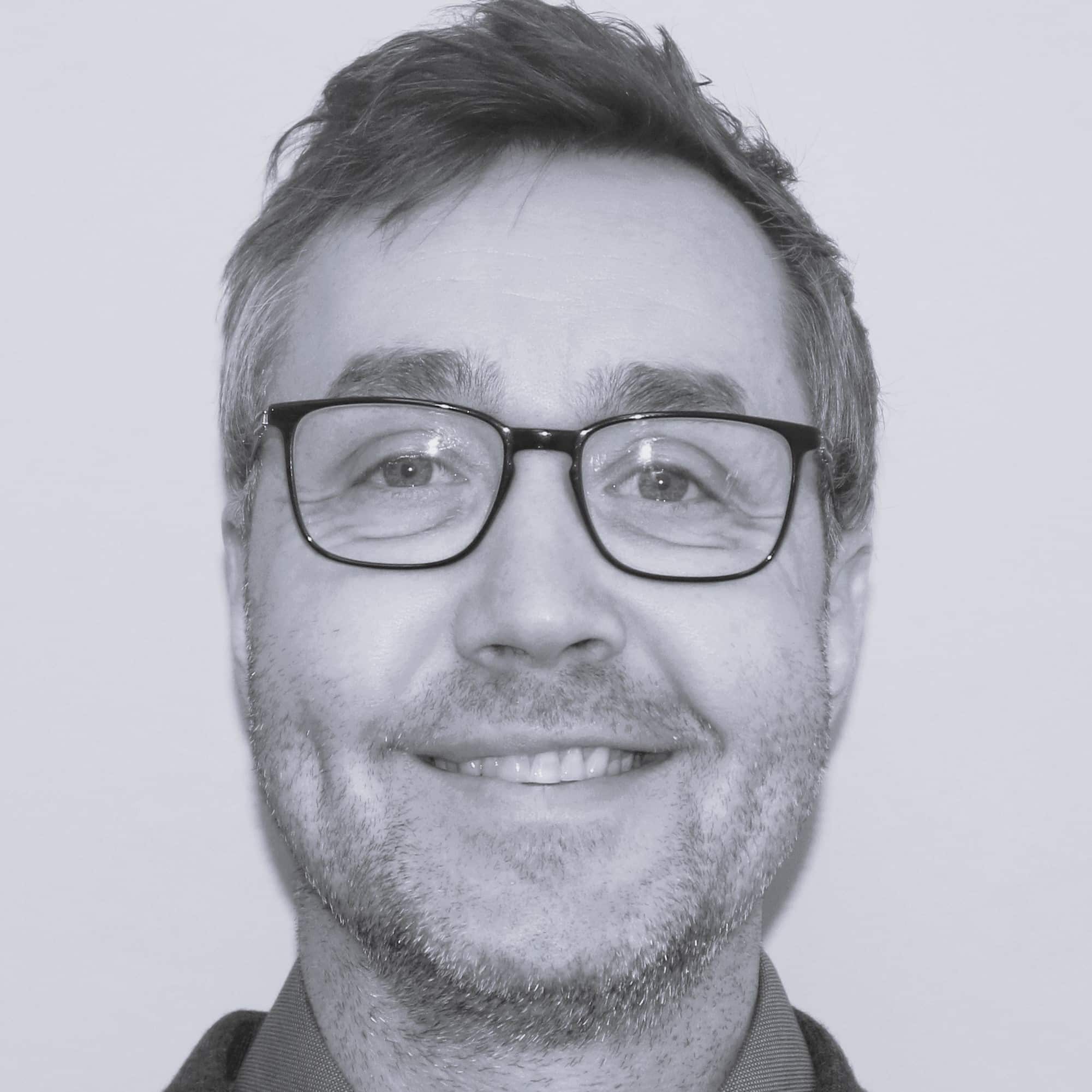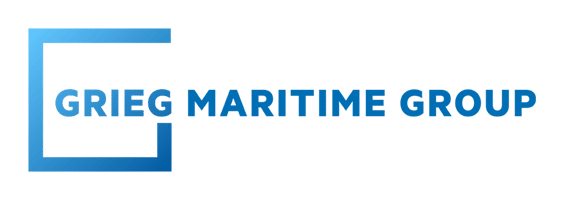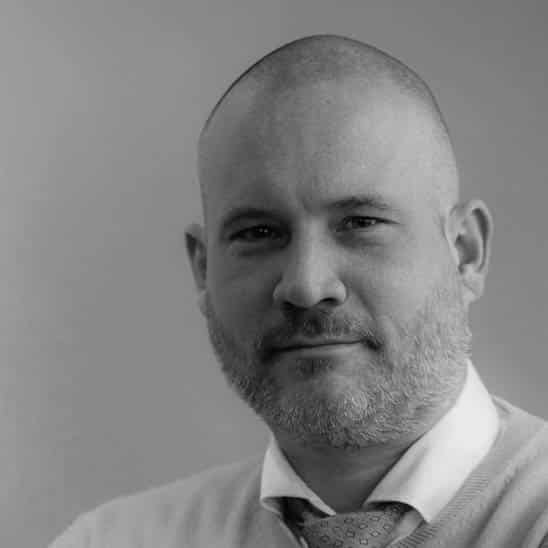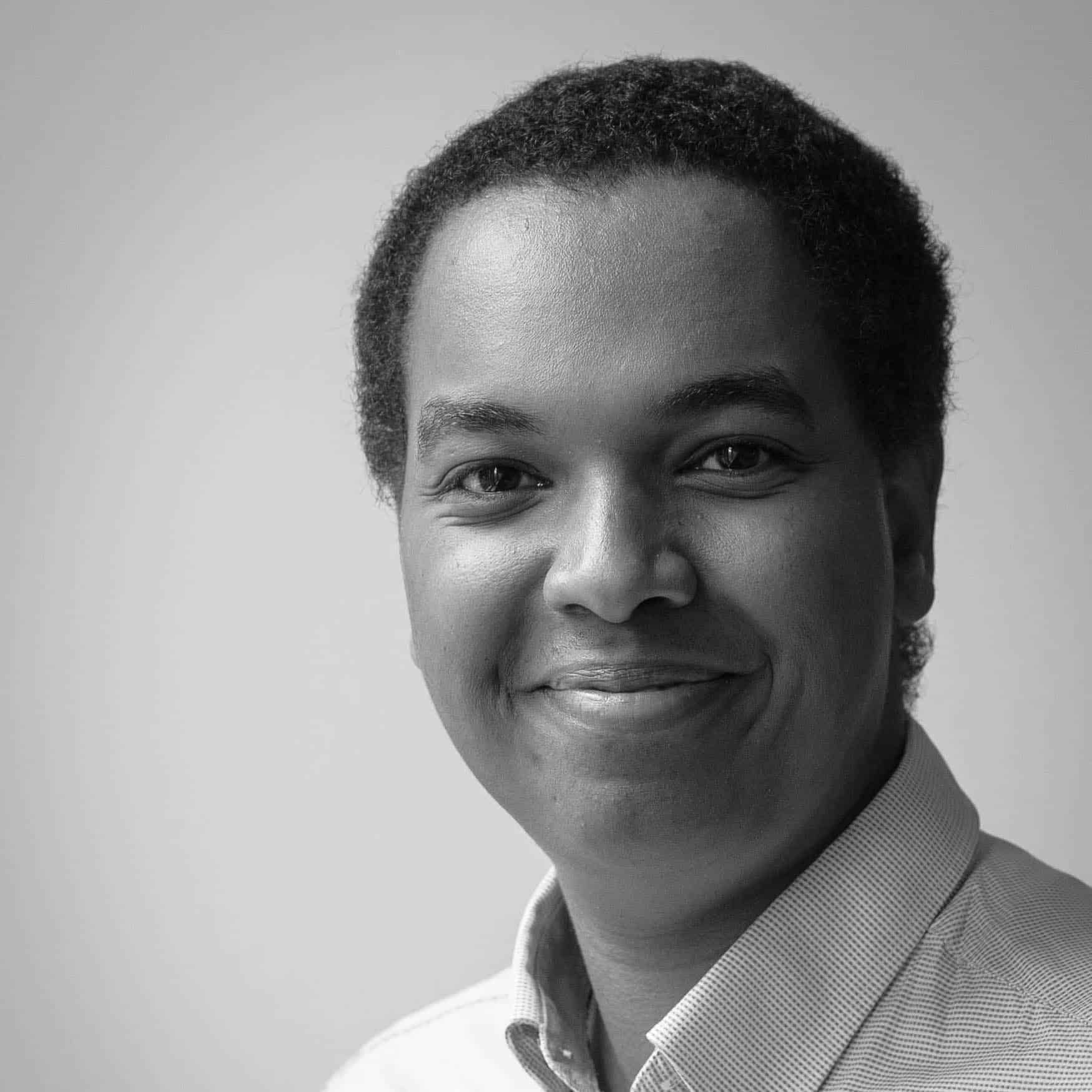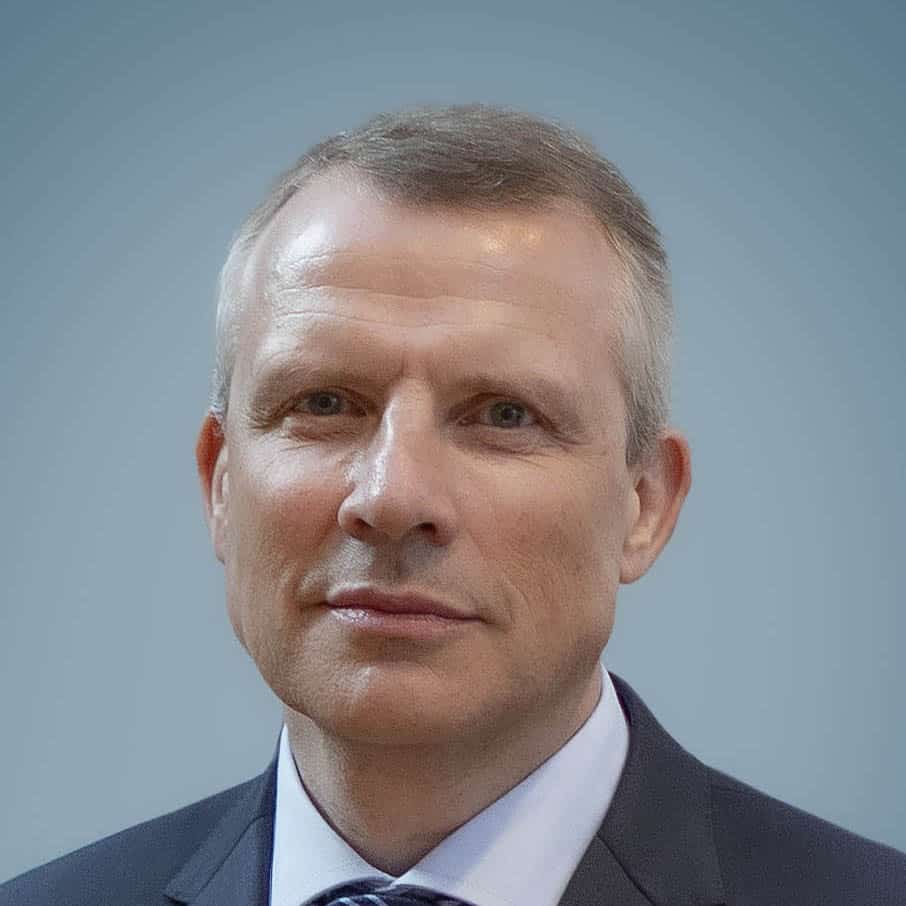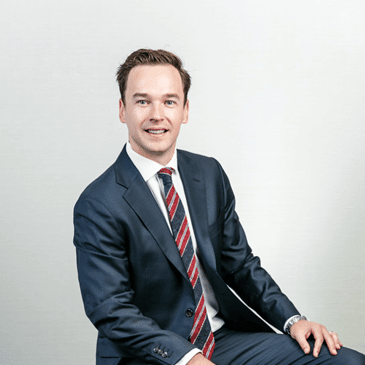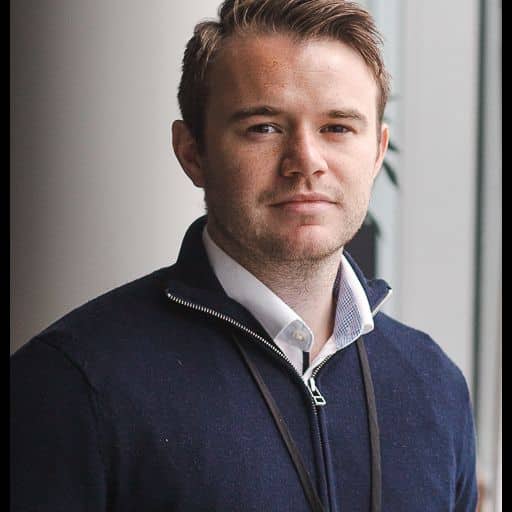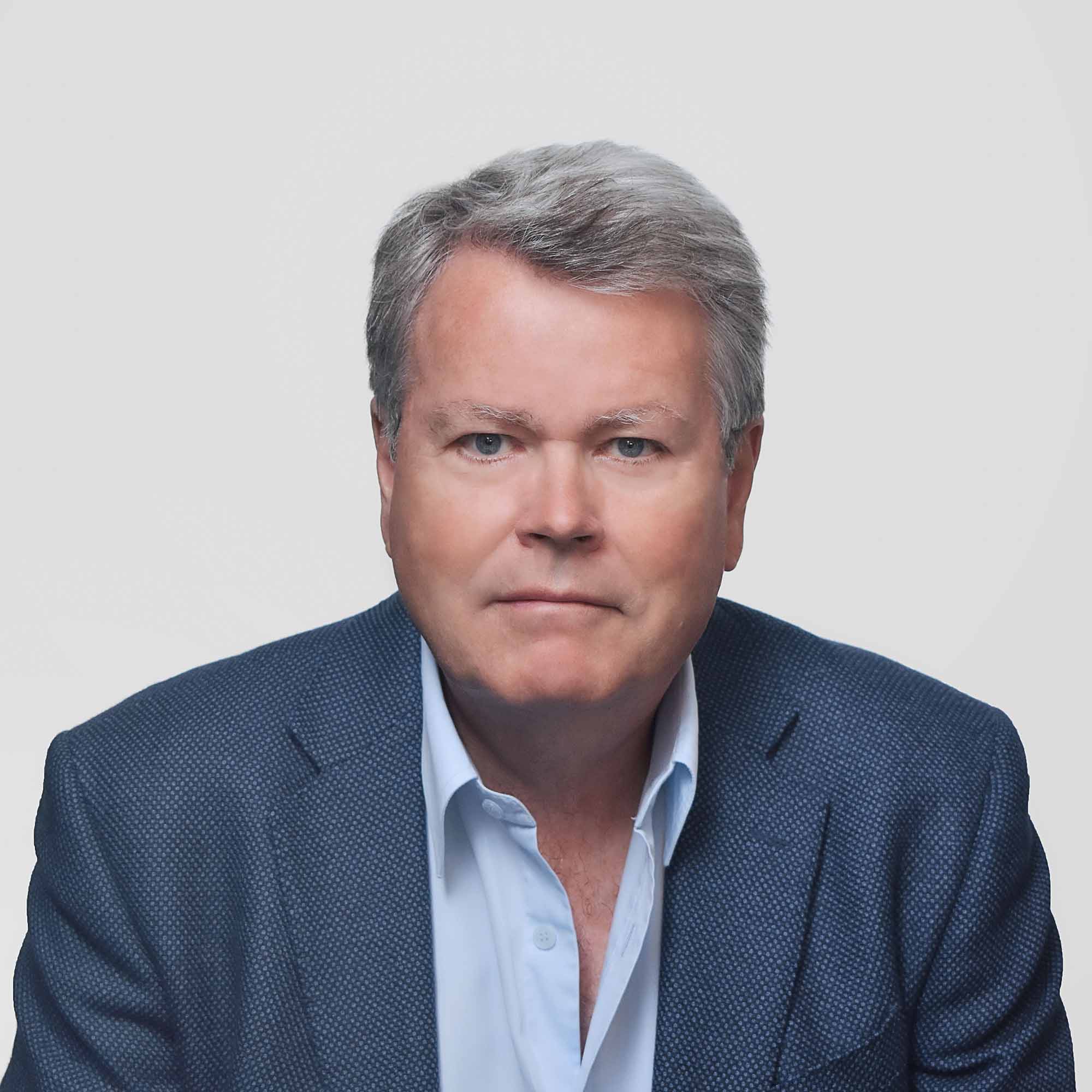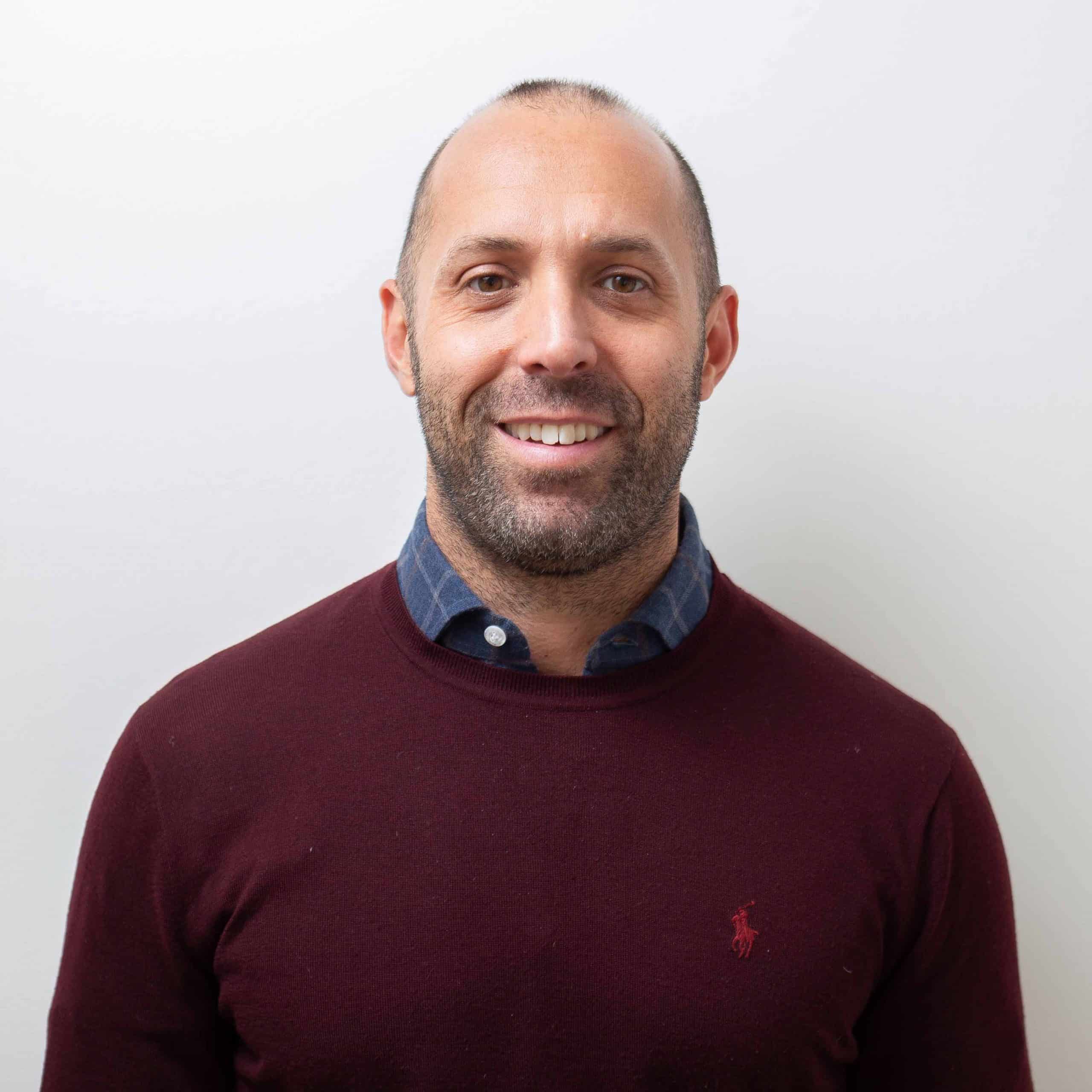With the release of new fleet status and quarterly reports, it has been a busy week in the offshore drilling market, particularly for Borr Drilling, Valaris, Transocean, and Noble. However, in the Middle East region, Saudi Aramco has begun its second round of suspensions, with the latest notices affecting two Valaris jackups and market sources indicating that further rigs could also be affected.
In case you missed it, you can access our previous Rig Market Roundup here.
Contracts
Borr Drilling has confirmed new contracts for several of its 400-ft jackups, including work for the Arabia I in Brazil, Gunnlod in Malaysia, and Norve in Gabon. Borr stated that these new commitments cover a total 1,779 days and $332 million in contract revenue, including mobilisation and demobilisation. Borr has been revealed as the owner of the jackup that won the recently announced four-year contract with Petrobras, in partnership with Brazilian company Etesco. Arabia I had its contract with Saudi Aramco suspended earlier this year. The rig’s new contract with Petrobras carrying out P&A activities in the Ceara, Potiguar, and Sergipe-Alagoas Basins is expected to commence in the first quarter of 2025, and also includes an option for further work. Borr stated that the new award in Brazil is “a vast improvement” over its previous contract, with a dayrate increase of over 60%. The 400-ft jackup Gunnlod has received a binding letter of award from an undisclosed operator in Malaysia, covering a firm scope of seven wells with an anticipated duration of 210 days. This work is expected to begin in November 2024. Gunnlod is currently working for PTTEP in Malaysia. The 400-ft jackup Norve has secured a 109-day extension with BW Energy in Gabon. This extension keeps Norve with BW Energy until February 2025. The rig has been with BW Energy since late 2022. Norve will then move to Equatorial Guinea, for a previously announced 120-day contract now confirmed to be with Marathon Oil. A previously announced award for a jackup in West Africa has been confirmed to be 180 days firm plus a 180-day option in Congo with Eni, starting in October 2024. This work will be carried out by 400-ft jackup Gerd, which is currently working for Bunduq in the UAE. The rig will mobilise to West Africa in September 2024 immediately following the completion of its current contract. Borr Drilling Chief Commercial Officer Bruno Morand stated that, following these awards, all of the company’s delivered rigs are committed and, based on already secured commitments and ongoing negotiations, Borr expects the 400-ft newbuild jackup Vali to be contracted and operating shortly after its delivery later this year. Morand stated that the company has secured 13 new contracts valued at a combined $644 million in 2024 to date, with an implied average equivalent dayrate of around $185,000.
North Oil Company has exercised a one-year priced option for Valaris 400-ft jackup Valaris 110 offshore Qatar. The newly exercised option will commence in October 2024, in direct continuation of the rig’s current contract and is valued at around $26 million. Valaris 110 has been working for North Oil Company in Qatari waters for the past several years and has a further one-year option available.
Valaris 400-ft jackup Valaris 249 has secured further work offshore Trinidad in the form of a new eight-well contract with Shell to begin in the first half of 2026. The new contract with Shell has an estimated duration of 365 days and a total contract value of around $66 million. In addition to the firm eight wells, Shell also has three priced options available with an estimated duration of 50 days each. Valaris currently expect this new contract to begin around May 2026. Valaris 249 has been working offshore Trinidad & Tobago since July 2023 with an undisclosed operator, currently understood to be EOG Resources. The rig will remain with this operator into October 2024, then work for Perenco to drill an appraisal well on the TSP block. The rig is then expected to return to the undisclosed operator offshore Trinidad in December 2024 for another 300 day contract. Shell recently took a final investment decision for the Manatee project, an eight-well development of a natural gas field in the East Coast Marine Area offshore Trinidad & Tobago.
Valaris 350-ft jackup Valaris 144 has secured more work offshore Angola with a new one-well contract to begin around February 2025, before a 13-well contract with the same operator that was fixed in May 2024. The newly fixed one well contract has an estimated duration of 45 days, with a total contract value of around $8.5 million. Valaris 144 is currently in the US GOM, undergoing contract preparations for its work in Angola, followed by a planned mobilisation that will continue into the first quarter of 2025. Earlier this year, Valaris 144 secured a 13-well contract with an undisclosed operator offshore Angola. While this operator is undisclosed, market sources have indicated that the work is with Azule Energy, a joint venture between Eni and bp. This 13-well contract has an estimated duration between 730 days and 770 days starting in April 2025 with a total contract value estimated between $149 million and $156 million, including mobilisation from the US GOM.
In late March and early April 2024, drilling contractors began receiving notices of contract suspensions for jackups from Saudi Arabia’s state oil company Saudi Aramco. Ultimately, 22 jackups had their contracts suspended. Now, a second round of suspension notices has begun, with ARO Drilling receiving notices for the 350-ft Valaris 147 and Valaris 148 and market sources indicating that further rigs could be affected. ARO Drilling, a joint venture between drilling contractor Valaris and Saudi Aramco, has received suspension notices for the drilling contracts for Valaris 147 and Valaris 148; two jackups that are owned by Valaris and leased by ARO Drilling. Valaris stated that discussions are ongoing with Saudi Aramco regarding whether other Valaris leased rigs or ARO-owned rigs could be subject to the suspensions instead of Valaris 147 and Valaris 148 as well as when the suspensions will be effective. As of 29 July 2024, these two rigs accounted for $35 million of Valaris’ contract backlog and are contracted to Aramco until late 2025 and early 2026, respectively. Other companies have not yet confirmed new suspensions. However, market sources indicate that this latest round of suspensions could affect five jackups, managed by a total of three drilling contractors. Under the suspensions previously issued, jackups are suspended for up to 12 months. During this time period, drilling contractors can seek other work for the rigs. The original term of the suspended contracts is to be automatically extended for a period equal to the suspension for each rig. However, some drilling contractors have already elected to terminate the Aramco contracts. A total of 22 jackups were affected by the suspensions earlier in the year, though not all have begun the suspension period at this time. Suspended rigs include units managed by ADES, Arabian Drilling, Borr Drilling, COSL, Egyptian Drilling, Saipem and Shelf Drilling. In response to the suspensions, several jackups have already found new contracts and others have left the Middle East to be marketed elsewhere. During the first round of suspensions, the 350-ft Valaris 143 had its contract suspended. This rig is owned by Valaris and was leased by ARO Drilling while working for Saudi Aramco. Following the suspension, ARO Drilling terminated the drilling contract with Aramco and the bareboat charter with Valaris. Valaris 143 was returned to Valaris and has been cold stacked in the United Arab Emirates. Saudi Aramco is understood to have been suspending jackups in response to a January 2024 directive from Saudi Arabia’s Ministry of Energy to maintain its maximum sustainable capacity at 12 million b/d rather than continue towards a previous goal of 13 million b/d.
Valaris has secured new work for its jackup rigs in both the UK and Dutch sectors of the North Sea. Valaris has secured a 26-well plug and abandonment contract in the UK North Sea for the 225-ft jackup Valaris 92. The contract has an estimated duration of two years and is expected to begin in the first quarter of 2025, in direct continuation of the rig’s current programme with another operator. The estimated total contract value is approximately $75 million. The rig is currently working for Harbour Energy under a contract which is scheduled to end in February 2025. Harbour plans to move the rig from the Katy field to the Murdoch KM field location in early August 2024 to perform abandonment operations on the 44/22-10Y subsea well. Furthermore, Valaris has won a two-well contract with ENI Energy E&P UK Limited in the UK North Sea for the 400-ft jackup Valaris Norway. The contract has an estimated duration of 292 days and is expected to start in the first quarter of 2025. The estimated total contract value is approximately $39 million. The rig is currently in the Liverpool Bay working for Eni under a contract fixed in late 2023. In addition, the company has been awarded a one-well contract with Anasuria Hibiscus UK Limited in the UK North Sea for the 400-ft jackup Valaris 248. The contract has an estimated duration of 93 days and is expected to commence in the second quarter of 2025, following completion of the rig’s current programme with another operator and a shipyard visit for planned maintenance. The estimated total contract value is $14.2 million. The rig is currently at the Seagull location working for ENI Energy E&P, previously Neptune Energy. Finally, TAQA has exercised a one-well option on behalf of the Porthos CCS project in the Netherlands for the 400-ft jackup Valaris 123. The extension period has a minimum duration of 15 days and is expected to commence in the third quarter of 2025, in direct continuation of the rig’s current programme. The operating dayrate for work performed in 2025 is $152,500. The TAQA contract was previously expected to start in late 2024 and the dayrate for the 2024 period would have been $142,500. Effective from 1 January 2026, which is still part of an optional period at the moment, the dayrate is set at $162,500. The Valaris 123 has recently completed its contract with Ithaca Energy in the UK North Sea and mobilised to the Selene well location for Shell. Deltic Energy, a partner in the licence, confirmed on Tuesday 30 July 2024 that the well has been spud. Under the contract with the same operator, the rig will also drill the Pensacola appraisal well after which it will mobilise to the Netherlands for TAQA.
Transocean’s 12,000-ft drillship, Deepwater Invictus, has secured a new long-term contract with bp in the US Gulf of Mexico. The contract duration is 1,095 days, with an approximate total value of $531 million excluding additional services and mobilisation fee. Esgian estimates a dayrate of $485,000. The contract is expected to start in the first quarter of 2025. Currently, Deepwater Invictus is under contract with Murphy Oil in the US Gulf of Mexico until the end of August. Previously, it was an option for the Deepwater Invictus to work on the Trion development with Woodside in Mexico in early 2026. However, with this new commitment, Transocean will now decide between the 12,000-ft Deepwater Proteus, Deepwater Thalassa, and Deepwater Conqueror for the Trion project.
Noble 492-ft jackup Noble Innovator has secured additional work with bp in the UK North Sea with bp’s exercise of priced options for around eight months of work at a dayrate of $155,000. The newly exercised options keep Noble Innovator with bp into December 2025. The operator has priced options until July 2026 remaining under the contract.
TotalEnergies has exercised two priced options for Noble 400-ft jackup Noble Regina Allen offshore Argentina at a dayrate of $150,000 for an estimated duration of 60 days. Noble Regina Allen began a development drilling campaign for TotalEnergies at the Fenix field offshore Argentina in May 2024. The rig is now firm with TotalEnergies until February 2025 with priced options available for work through March 2025.
Transocean stated that it has secured a letter of intent for one of its drillships in the US GOM with near term availability, and also expects to add additional wells to another rig under contract in the region. With these expected contracts, Transocean said that its fleet in the US GOM is essentially sold out for a significant period of time, with very little availability over the next 24 months. Transocean currently has nine drillships working in the US GOM. The company has secured additional work for its US GOM fleet recently, with new contracts for the 12,000-ft Deepwater Atlas with Beacon and the 12,000-ft Deepwater Asgard with Hess. Transocean did not specify which unit has secured the new LOI. However, the 12,000-ft drillship Deepwater Invictus is currently scheduled to become available in August 2024 following a recent 40-day contract extension. Deepwater Invictus also secured a long-term contract with bp to begin in the first quarter of 2025.
Drilling Activity and Discoveries
With the recent extension of its contract with Borr Drilling 400-ft jackup Norve offshore Gabon, BW Energy expect to use the rig to drill the Bourdon prospect. BW Energy expanded its Gabon drilling plans to include the Bourdon prospect on the Dussafu license earlier this year. The company recently extended its contract for Norve by 109 days, keeping it working into February 2025. In May 2024, BW Energy made an oil discovery at the DHIBM-7P pilot well, appraising the northern flank of the Hibiscus field. The well will be drilled as a production well later in the company’s drilling programme. The company also recently confirmed a northern extension of the Hibiscus South field with the DHBSM-2P pilot well, which is preparing to start production after hook-up and testing. BW Energy will also be going back to previously drilled and completed wells at the Hibiscus / Ruche field to work them over and install conventional electrical submersible pump systems. These systems and spare equipment have already been acquired.
Hess anticipates results from an exploration well at Vancouver prospect in the US GoM during the third quarter of the year. The well is currently being drilled with Transocean 12,000-ft drillship Deepwater Asgard. The drillship spud the well on Green Canyon Block 287 in June 2024. The rig is contracted to Hess into 2026 with a further one-year option available.
PT Pertamina Hulu Kalimantan Timur (PHKT) said Thursday it had recently successfully drilled two development wells at the Sejadi Field in the Southern Operation Area (DOBS), offshore Indonesia. The drilling of the two wells resulted in a production rate of 1,492 barrels per day (BOPD). The two Sejadi wells were drilled using the 375-ft COSL jackup rig Asian Endeavour 1 (AE-1). General Manager of PHKT Zone 10, Yoseph Agung Prihartono, stated that developing the Sejadi field was a strategic move for the company in maintaining oil and gas production in the East Kalimantan & Attaka Working Area. “We continue to invest in drilling new wells, which is crucial for sustaining oil and gas production, national energy security, and supporting Pertamina’s energy transition policies,” he said. He also stated the increase in production and reserves from the Sejadi wells boosted the company’s confidence in developing these highly mature offshore fields.
Inpex Browse E&P, the Australian subsidiary of the Japanese energy giant Inpex, has started drilling the West Peron 1 well in the Bonaparte Basin, offshore Australia. Inpex is using the 400-ft jackup Valaris 247, which arrived in Australia in early July after a long journey from the UK. The 400-ft rig began drilling the West Peron 1 exploration well on 25 July. It is worth noting that this is not a typical oil and gas wildcat well. Specifically, the well is being drilled to assess the suitability of potential reservoirs for future CO2 storage. The well site is located within the greenhouse gas storage assessment permit G-7-AP, an area considered promising for the geological storage of carbon dioxide in support of carbon dioxide capture and storage (CCS) activities. The water depth at the site ranges between 30 and 75 metres (between 98 and 246 feet). According to Inpex’s Environment Plan, approved in December 2023, the company plans to drill two exploration wells within the permit area during the initial exploration drilling campaign. There is also the possibility that up to three additional wells may be drilled during the life of the Environment Plan. Inpex has previously stated that its operated Ichthys LNG project would be a natural user of this CCS solution as it seeks to reduce its greenhouse gas emissions.
Demand
The Australian government will finalise new offshore exploration permits for gas supply to support the local demand. The Minister for Resources and Northern Australia Madeleine King will finalise permits for Esso and Beach Energy in the Otway and Sorrell Basins, with any discovered gas planned to support the domestic east coast market. Exploration permits will also be finalised for Chevron, INPEX, Melbana, and Woodside Energy on Australia’s west coast, to support energy security in Western Australia. In addition, 10 permits will be finalised for carbon capture and storage exploration. There will be no new seismic surveying permitted to occur as part of the approved work programme for each permit. Companies will instead be required to licence or reprocess existing seismic data.
The UK government has announced that it will increase the rate of the Energy Profits Levy (EPL) to 38% on 1 November 2024, up from the current rate of 35%. The levy has also been extended to 31 March 2030. The increase brings the headline rate of tax on upstream oil and gas activities to 78%. In addition, the UK government will abolish the EPL’s main 29% investment allowance for qualifying expenditure incurred on or after 1 November 2024 and reduce the extent to capital allowance claims can be taken into account in calculating levy profits. The government will retain the 80% decarbonisation investment allowance. The Energy Profits Levy was introduced in May 2022 and taxes profits of oil and gas companies operating in the UK and on the UK Continental Shelf. The government is leaving the Energy Security Investment Mechanism in place, which will let the levy expire earlier than scheduled if oil and has prices fall consistently to or below historically normal levels for a sustained period. The recently elected Labour government had previously announced plans to increase the EPL rate. The EPL has been unpopular with operators in the UK North Sea, with many in the industry citing the EPL in project delays and cancellations and a general erosion of investor confidence. The UK government stated that it would set out further details on changes to the EPL in the budget and legislate changes in the next finance bill. Money raised from the EPL will be used to support the energy transition. The government said it would work with the oil and gas industry to develop and implement a successor regime for responding to price shocks after the EPL ceases.
Oil major bp has taken a final investment decision (FID) on the Kaskida project in the US Gulf of Mexico. Located in the Keathley Canyon area about 250 miles southwest off the coast of New Orleans, the Kaskida project unlocks the potential future development of 10 billion barrels of discovered resources in place across the Kaskida and Tiber catchment areas. Owned 100% by bp, the Kaskida field has discovered recoverable resources currently estimated at around 275 million barrels of oil equivalent from the initial phase. Kaskida will be bp’s sixth hub in the Gulf of Mexico, featuring a new floating production platform with the capacity to produce 80,000 barrels of crude oil per day from six wells in the first phase. Production is expected to start in 2029. Additional wells could be drilled in future phases, subject to further evaluation. Kaskida will be bp’s first development in the Gulf of Mexico to produce from reservoirs that will require well equipment with a pressure rating of up to 20,000 pounds per square inch (20K). Advancements in 20K drilling technology coupled with updated seismic imaging are enabling bp to develop Kaskida and to progress plans to develop other fields such as Tiber, which is expected to advance to FID next year. Currently, Transocean’s 12,000-ft drillships Deepwater Atlas and Deepwater Titan are the only two rigs equipped for 20K work. Stena’s 12,000-ft drillship, Stena Evolution, will be upgraded for 20K work in 2026. The Deepwater Atlas has recently secured a new contract with Beacon Offshore Energy in the Gulf of Mexico at a dayrate of $580,000 with contingencies in place to use the rig for 20K completions, potentially at a dayrate of $650,000.
Hartshead is still waiting on certainty around the UK’s fiscal policy, expected in October 2024, to take the Final Investment Decision (FID) on its Anning and Somerville project in the UK North Sea. In March 2024, Hartshead started a review of the project economics and timeline associated with its Phase 1 development plan (Somerville and Anning) following the Labour party’s announcement related to changes in tax policy. In April, Hartshead undertook a cost reduction initiative to reduce contractor headcount associated with project development, while still maintaining a core JV team. As reported earlier this week, the new Labour government has announced that it will increase the rate of the Energy Profits Levy (EPL) to 38% on 1 November 2024 and extend it to 31 March 2030. The government will set out further details on changes to the EPL in the October Budget and legislate changes in the next finance bill. In an update on Wednesday, Hartshead stated that the P2607 Joint Venture (JV) continues to work on the development of the Anning & Somerville gas fields assuming various possible fiscal scenarios. Hartshead is continuing to progress project finance and is in discussions on infrastructure funding that has the potential to significantly reduce the upfront CAPEX required by the JV, for the Phase 1 development project. This would be positive in respect to whole project economics, moving CAPEX into OPEX via a tariff payable in respect of third-party infrastructure investment, and in respect of Hartshead funding, reducing the funding requirement that Hartshead would need to meet outside the RockRose carry. Christopher Lewis, Hartshead CEO, said: “We continue to have productive discussions with all stakeholders, regarding the fiscal framework of the UK energy sector under the new Labour Government, and now wait for certainty around the fiscal and energy policy that we understand will be provided by the Government in late September or early October.” Lewis added: “We wait on economic and market certainty in order to take the Final Investment Decision for our Anning and Somerville development project, and unlock investment in our 33rd Round Licences.”
Mobilisation/Rig Moves
Transocean’s 6th gen 12,000-ft drillship Petrobras 10000 has arrived in the Angra dos Reis port for its scheduled SPS maintenance. The rig arrived at the port on 21 July 2024 and started the SPS on 22 July. The maintenance is expected to last around 42 days, and after concluded, the rig will resume its long-term contract with Petrobras, which started in October last year.
Ventura Offshore’s 6th generation 10,000-ft semisubmersible SSV Catarina has arrived off the coast of Balikpapan, in East Kalimantan, Indonesia. Eni recently used the 10,000-ft rig to drill the Sáo Trúc-1X exploration well in Block 124, offshore Vietnam, and will now use it to drill in Indonesia. The 2013-built SSV Catarina semisub, until recently managed by Ventura Offshore, is now owned by the company which completed its acquisition of the rig from the previous owner UMAS 1 AS last week.
Island Drilling 4,000-ft semisubmersible Island Innovator has left the yard in the Canary Islands and is now en route to Mauritania. Island Innovator will be completing decommissioning and plug and abandonment work at the Tullow Oil operated Banda and Tiof fields offshore Mauritania, in conjunction with Petrofac. Island Innovator previously carried out P&A work at this field in the first quarter of 2023.
Noble 12,000-ft drillship Noble Voyager has finished work offshore Suriname for Petronas and is now in Curacao, where it will undergo some SPS work for around two months and then be available for new contracts. Noble Voyager was previously drilling for Petronas on Block 52 offshore Suriname from February to July 2024. Petronas recently made its third discovery on the block at the Fusaea-1 exploration well. Noble stated that the rig is being bid on opportunities around the world and are expecting the rig to return to work in the first half of 2025.
Valaris 400-ft jackup Valaris 249 has suffered leg damage while working offshore Trinidad & Tobago and is expected to be out of service for several weeks while it undergoes repairs. Valaris estimated the cost for repairs at around $5 million to $10 million. Valaris 249 has been working offshore Trinidad since mid-2023, with the operator understood to be EOG Resources. The rig is expected to return to work with EOG Resources after repairs, then drill an exploration well for Perenco starting around October 2024, followed by more work with EOG Resources. In late July 2024, the rig secured a new eight-well contract with Shell offshore Trindad & Tobago, to start in early 2026.
Rig Sales
Shelf Drilling has agreed to sell its 375-ft jackup Baltic to a Southeast Asian buyer for $60 million. The buyer, understood to be Malaysia-based T7 Global, will use the rig on a multi-year plug and abandonment (P&A) programme with Petronas Carigali in Malaysia. Shelf Drilling has agreed to provide rig management and operations support for the P&A campaign. The 1983-built rig has completed its contract with Tulcan Energy Resources in Nigeria, and will mobilise to Southeast Asia shortly. Esgian reported last week that T7 Global’s subsidiary Tanjung Offshore had secured a letter of award from Petronas Carigali for the provision of a jackup drilling rig for a 53-well plug and abandonment programme.
Other News
After reviewing options, TotalEnergies and QatarEnergy have decided to withdraw from Block 11B/12B off South Africa, in which they hold a 45% and 25% interest, respectively. This follows a decision by the partner CNRI to withdraw from the block, as announced in early July 2024. Under the joint operating agreement (JOA), the withdrawing parties assign their interest free of charge to each of the non-withdrawing partners in proportion to the interest of non-withdrawing partners. TotalEnergies, the operator, entered into Block 11B/12B in 2013 and made two gas discoveries, Brulpadda in 2019 and Luiperd in 2020. However, TotalEnergies now believes that the discoveries could not be turned into a commercial development as it appeared to be too challenging to economically develop and monetise these gas discoveries for the South African market. Africa Energy Corp, through its investment in Main Street 1549 Pty Ltd., which currently holds a 10% interest in Block 11B/12B, does not intend to withdraw. Africa Energy said that, despite the challenges and delays encountered so far, the company remains confident that the Block 11B/12B resources can be commercially developed. The withdrawal of the joint venture partners from Block 11B/12B is subject to all relevant regulatory approvals by South African authorities. Subject to approvals, Main Street 1549 Pty Ltd. expects to hold 100% interest in the block. The company will be focused on the block Production Right approval and securing offtake customers. TotalEnergies has also decided to exit from offshore exploration Block 5/6/7 where its affiliate TotalEnergies EP South Africa currently holds a 40% interest.
A review by KWC, an independent valuation expert, has concluded that the fair market value of Northern Ocean Ltd. (NOL) likely exceeds the offer price made by John Fredriksen’s Hemen Holding for the remaining shares in the company. After crossing the 40% threshold of the Norwegian Securities Trading Act in June 2024, thereby being obliged to make a bid for the remaining shares in Northern Ocean, Hemen Holding earlier in July 2024 launched a mandatory offer for the remaining shares of the company that owns two harsh-environment semisubs, the 10,000-ft Deepsea Mira and the 7,500-ft Deepsea Bollsta. Key terms of the offer include the offer price of NOK 7.00 per share. The offer values the company at approximately NOK 2,122.5 million. Oslo Børs, in its capacity as take-over supervisory authority, then decided that the statement on the offer will be issued by an independent expert and not by the board of directors of Northern Ocean, and that such statement can be issued by KWC on behalf of Northern Ocean. KWC has now issued a statement on the offer, concluding that the “the terms of the offer from a financial point of view does not represent a full and fair arm’s length price for all the outstanding shares of Northern Ocean.” KWC does not express an opinion on what share price range would constitute a fair market value under the circumstances. “However, we note that our analyses support that the fair market value of the company likely exceeds the offer price,” KWC stated. In making its assessment of the offer, KWC considered the trading history and share price development of the company’s shares on the Oslo Børs, compared the offer price to market prices for comparable companies, assessed the circumstances leading up to the mandatory offer, as well as the specific contents of the offer document. KWC said that its statement is not intended to be and shall not be construed as a recommendation to individual shareholders of NOL, as to whether to accept the offer from the offeror or not, and each shareholder remains solely responsible for their own decisions based on their own circumstances.
Petroleum Sarawak Berhad (PETROS) has launched the Sarawak Bid Round (SBR) 2024 focused on Carbon Capture, Utilisation, and Storage (CCUS). Three carbon storage sites have been offered as part of the bid round, with a combined storage capacity of approximately 1,000 million tonnes CO2e. The sites include saline aquifers and depleted fields in the Southwest and Western Luconia province, Balingian province, and Central Luconia province.
The Norwegian Ocean Industry Authority (Havtil) has carried out an audit of COSL Drilling Europe and its management of working environment and health and hygiene conditions on the 4,921-ft semisubmersible COSLProspector, as part of the regulator’s processing of COSL’s application for an Acknowledgment of Compliance (AoC). COSL now has to address the identified non-conformities before the rig can be issued with the AoC. The objective of the audit, which was conducted from 3 to 6 June 2024, was to monitor the status of conformity assessments of the facility’s technical condition, organisation and management systems relative to the regulatory requirements pertaining to working environment, and health and hygiene conditions. The regulator identified eight non-conformities during the audit, regarding: planning decision support; non-conformity handling; analysis of ergonomic factors; design of systems and equipment; analysis of the chemical working environment; outdoor work areas; and employee and user involvement. An improvement point concerning chemical management was also identified. Havtil has asked COSL to report on how the non-conformities will be addressed and for the assessment of the improvement point observed. The deadline for this is set at 15 August 2024. According to Havtil, before it issues the AoC, the company must have corrected all known safety-critical non-conformities, and the rig must have been issued with maritime certificates from the appropriate flag state. The COSLProspector arrived from China to Norway in February 2024 ahead of a new two-year firm contract with Vår Energi in the Barents Sea. The contract is scheduled to begin in August, however, the rig has to secure the AoC first. Recently, Havtil rejected the AoC application for Shelf Drilling’s 500-ft jackup, Shelf Drilling Barsk, delaying the rig’s contract start with Equinor, which was previously planned for late May 2024. The rig remains in Mandal, Norway until the AoC is obtained.
Following Grupo Carso’s recent contract to develop the Lakach natural gas field, Mexican state oil company Pemex stated that Grupo Carso will invest $1.884 billion in the project. In its July 2024 announcement of the Lakach agreement, Grupo Carso said that it would invest over $1.2 billion into the project. Pemex will retain ownership of Lakach and its resources. The project will resume via a service contract with Grupo Carso companies GSM Bronco and CICS. Production from the field is expected to begin in December 2026. Pemex estimates reserves at the field are 900 billion cubic feet, with water depths of around 3,280 ft (1,000 m).
NEO Energy and its joint venture partners in the Greater Buchan Area (GBA) will be considering the impact of changes to the Energy Profits Levy (EPL) on the Buchan Horst project development in the North Sea. The UK government on 29 July 2024 announced that it would increase the rate of EPL from 35% to 38% on 1 November 2024, bringing the headline rate of tax on upstream oil and gas activities to 78%. The levy has also been extended to 31 March 2030 with the Energy Security Investment Mechanism remaining in place, meaning the levy will cease to apply if prices fall consistently to, or below, historically normal levels for a sustained period. Furthermore, the EPL’s main 29% investment allowance for qualifying expenditure incurred will be removed from 1 November 2024. Capital allowance claims that can be taken into account in calculating EPL profits will be reduced; however, the extent of the reduction will only be announced in the October Budget following engagement with stakeholders. Commenting on the UK government’s announced EPL changes, Aberdeen & Grampian Chamber of Commerce (AGCC), a business membership organisation, said the decision is “reckless, wrong and economically ruinous for the North Sea and ignores the explicit warnings of industry, investors, academics and unions.” AGCC chief executive, Russell Borthwick, said: “Confidence in the UKCS is already at rock bottom. Unless the UK government rolls back from this position on the Energy Profits Levy then we’re facing the destruction of industry on a scale not seen in over thirty years.” Jersey Oil and Gas stated on Tuesday 30 July that the Greater Buchan Area JV will carefully consider the impact of the tax changes to the economics of the development and project sanction. The full implications will, however, only be clear when the level of capital allowance claims available as deductions to the EPL are provided in the October Budget. Jersey reported back in June 2024 that major contract awards and capital commitments for the Buchan Horst project are expected in 2025, following the receipt of fiscal clarity in the UK after the election. This led to Buchan’s first production being targeted for late 2027, a change from the previous expectation of first production in Q4 2026. This is only one of the projects in the UK that has been impacted by political turmoil and changes to the tax regime.
Viaro Energy’s main operating subsidiary, RockRose Energy, has signed an agreement with Shell U.K. Limited and Esso Exploration and Production UK Limited, a subsidiary of ExxonMobil, to acquire a full ownership interest in the Shell-operated UK Southern North Sea assets. Pending regulatory approval, Viaro will acquire a portfolio consisting of 11 operated offshore assets and one exploration field (Shamrock; Caravel; Corvette; Brigantine; Leman; Galleon; Skiff; Carrack Main, Cutter, Carrack East; Barque; and Clipper), all tying back to the Shell-operated onshore Bacton Gas Processing Terminal via the Leman and Clipper fields. In 2023, production was around 28,000 boepd (c. 5% of UK total gas production) and the assets possess strong growth potential through identified near field exploration opportunities. Viaro estimates place the 2P volumes of these assets at 58 million barrels of oil equivalent (boe), with a projected potential to extract over 120 million boe of net 2C resources. Viaro stated it intends to maximise the economic return of these assets and, by working to ensure the extraction is conducted to reach their fullest potential, to increase low-emissions production of gas in the area through a redevelopment with an existing infrastructure. The Bacton Gas Processing Terminal provides a direct route for natural gas produced from the Southern and Central North Sea to the UK National Transmission system, operated by the National Grid, enabling gas to flow between the UK and the Netherlands. The Bacton gas terminal complex also holds potential to become an energy transition hub. According to the NSTA, the Bacton terminal is ideally positioned to become a significant hydrogen production site for London and the Southeast, with potential to play a role with carbon capture storage and offshore wind developments that can supply renewable power to Bacton. Shell and ExxonMobil have also recently entered into an agreement with Canada’s Tenaz Energy for the sale of Nederlandse Aardolie Maatschappij B.V. (NAM), a 50/50 joint venture between the two companies. The deal will make Tenaz the second-largest operator in the Dutch North Sea. Earlier this year, Viaro’s RockRose acquired interest in the Bressay oil field licence in the North Sea. Bressay is viewed as one of the largest undeveloped oil fields in the UK Continental Shelf (UKCS). Viaro’s partnership with EnQuest provides support for the development and paves the way for a Field Development Plan (FDP) to be advanced in line with EnQuest’s ongoing plans.
Offshore drilling contractor Valaris reported net income of $151 million for the second quarter of 2024, up from $26 million in the first quarter. The company reported adjusted EBITDA of $139 million for the second quarter, up from from $54 million in the first quarter primarily due to higher utilisation and average daily revenue for both the floater and jackup fleets along with lower contract drilling expense. The company’s revenues increased to $610 million from $525 million in the first quarter 2024. Second quarter floater revenues were $384 million, while jackup revenues were $186 million. Valaris President and CEO Anton Dibowitz stated, “Valaris is well-positioned and we continue to execute our strategy, securing attractive new contracts and building our contract backlog. We maintain our conviction in the strength and duration of this upcycle and see strong customer demand for projects that are expected to commence in 2025 and 2026.” The company’s total contract backlog was over $4.3 billion as of 29 July 2024, representing the seventh consecutive quarter of backlog growth for Valaris.
Noble Corporation reported net income of $195 million for the second quarter of 2024, up from $95 million in the first quarter of the year, while the company’s revenues for the second quarter were $693 million, up from $637 million in the previous quarter. Noble President and CEO Robert W. Eifler stated: “Our second quarter results reflect a strong earnings improvement driven by key contract startups.” Eifler further said, “Deepwater fundamentals remain firm, and key indicators continue to support meaningful additional growth over the course of this cycle. Although demand has been flat over the past twelve months and appears likely to remain approximately flat into mid 2025, we expect several sizeable development programs will drive another leg of growth from late 2025 and 2026.” Noble’s contract drilling services revenue for the second quarter of 2024 totaled $661 million compared to $612 million in the first quarter of 2024, with the sequential increase driven by increased utilisation. Noble reported 78% utilisation for the quarter, up from 72%. Noble’s backlog stood at $4.2 billion as of 31 July 2024, with $275 million in contract value added since early May 2024. The company noted that contract fixtures for lower specification 6th generation floaters have been limited, resulting in continued white space for these units and bifurcated dayrate expectations for its top level floating rigs and lower specification rigs in 2024 and 2025. Noble stated that leading edge dayrates for tier-1 drillships remain firm in the high $400,000s to low $500,000s per day range.
Transocean Ltd.reported a net loss attributable to controlling interest of $123 million for the second quarter of 2024,. The second quarter results take into account an interest expense net of capitalised amounts of $143 million. Transocean’s contract drilling revenues for the quarter increased sequentially by $98 million to $861 million, primarily due to increased rig utilisation and higher revenue efficiency across the fleet. The company’s backlog was $8.64 billion as of its late July 2024 fleet status report. Transocean CEO Jeremy Thigpen said that the company had recently secured “a number of meaningful contracts, which are illustrative of current industry dynamics and reinforce our view that we are in an increasingly tightening market.” Thigpen added that the company would remain focused on “optimising our portfolio of assets to maximise EBITDA and generate free cash flows, which we can use to de-lever the balance sheet.”
Valaris is looking to the fourth quarter of 2024 for new opportunities for its floating rigs, the 8,500-ft Valaris DPS-5 and the 12,000-ft Valaris DS-10, expecting the units to remain idle for much of the remaining third quarter of the year. Valaris said that some previous opportunities for these rigs in the third quarter of 2023 had been delayed or had their scope reduced and that short-term opportunities available for these rigs would begin in the fourth quarter of 2024. The semisubmersible Valaris DPS-5 finished work with Eni offshore Mexico in late July 2024 after working on Blocks 9 and 10 for around six months. During this time period, Eni made a discovery at the Yopaat-1 well. The drillship Valaris DS-10 has been working for Shell Nigeria Exploration And Production Company under various contracts since 2018, most recently at the Bonga field. Valaris expect the rig’s current work to finish up in the near term, leaving the rig available in August 2024.
Transocean does not expect its two currently available floating rigs, the 10,000-ft Development Driller III and the 12,000-ft Discoverer Inspiration to work in 2024. The drilling contractor stated that it is not looking at short-term opportunities for the rigs but will be keeping them ready for longer term work. A Transocean executive described the status of the units as “warmish” in that the units are being kept marketable but steps have been taken to keep costs for the units as low as possible while they are available. The semisubmersible Development Driller III has been idle in Aruba since August 2023, following the completion of work for TotalEnergies offshore Suriname. The drillship Discoverer Inspiration is currently in the Canary Islands. The rig last worked for Hess in the US GOM in 2023 and was moved to the Canary Islands in the first quarter of 2024.
Noble will continue to focus on pursuing well intervention work for its 6th generation 10,000-ft drillships Noble Globetrotter I and Noble Globetrotter II. The company said that it has looked at these opportunities for these rigs in both the US GOM and beyond. Noble Globetrotter I is currently working for Shell in the US GOM into September 2024, while Noble Globetrotter II is available in the US GOM. Noble said that it could be late 2024 or 2025 before it has a meaningful contribution from well intervention work for these rigs.
Image credit: Borr Driling
